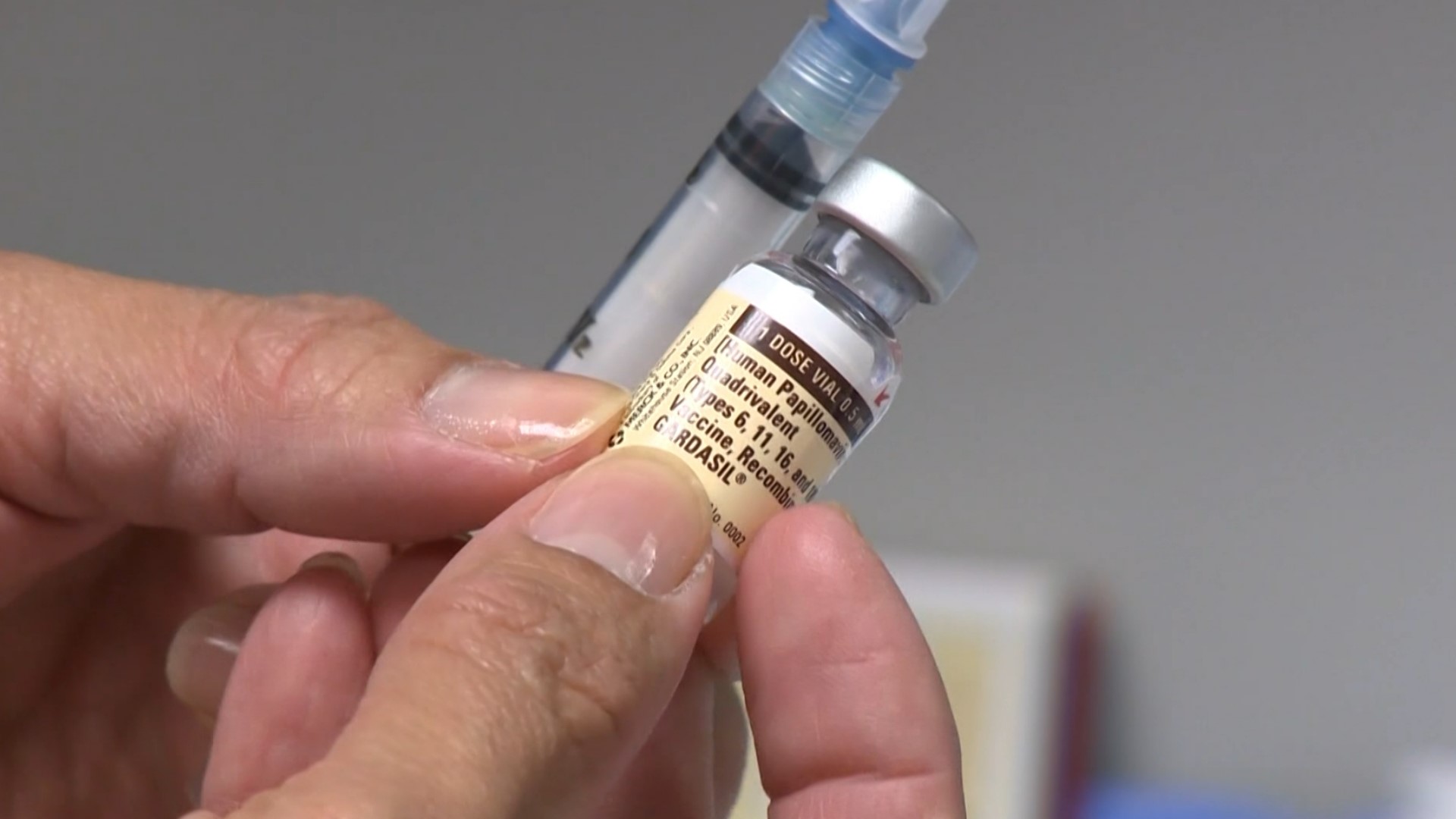HOUSTON — More males are getting vaccinated to prevent the spread of human papillomavirus or HPV, according to a gynecologic oncologist with UT Physicians. This comes after there's been a significant decrease in HPV-related diseases among women who've received the HPV vaccine, experts say.
Though the doctor's office is a place that can cause heart rates to accelerate and palms to sweat, it's also a place where HPV can be caught before it progresses into cervical cancer.
"I regret not going to my doctor regularly," said Juana Reyes, a cervical cancer survivor. "To be honest, going back, I really didn't do my paps regularly."
Reyes was a new mother to a 1-month-old girl when she learned she had cervical cancer.
"I came to his office, he did his test, he called me the second day as well and he let me know it was cancer and I was stage 4," Reyes said.
It was a difficult decision to make but one that saved her life. Reyes had her ovaries removed and underwent chemo and radiation therapy.
At the time she was diagnosed, she was unaware of the HPV vaccine.
"It's important that the males also be vaccinated because the infection goes back and forth between the partners," said UT Physicians gynecologic oncologist Joseph Lucci, III. "So both men and women need to be vaccinated"
Reyes' baby girl is now 7 years old and her two eldest children are now vaccinated against HPV.
She's hoping others take that same preventative step.
Read more from our Health Matters series here.

